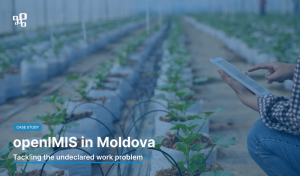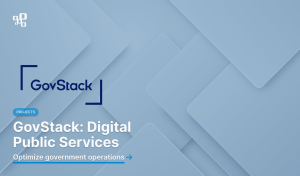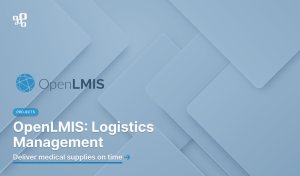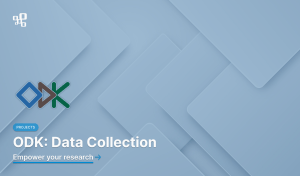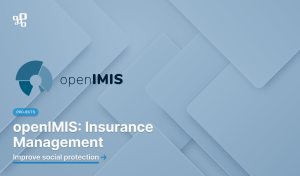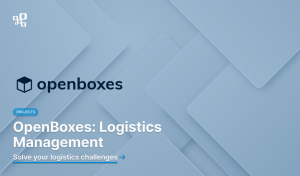The OpenLMIS initiative has announced the release of OpenLMIS version 3.0, the latest iteration of the logistics management information system.
Together with VillageReach, an OpenLMIS community founding member, we worked on a complete remake of the OpenLMIS core software throughout 2016. The new version now provides a micro-service architecture that is more responsive and adaptable.
This achievement was made possible through the co-operation of a global coalition of partners, something which Kaleb Brownlow, Program Officer, Immunizations Systems, Vaccine Delivery at the Bill & Melinda Gates Foundation, mentioned: “OpenLMIS 3.0 is an exciting evolution of the OpenLMIS platform that will meet the current and future needs of countries to manage supply chains, especially for health. It represents the hard work and dedication of the entire OpenLMIS community.”

The OpenLMIS mission is to improve health commodity distribution in low and middle-income countries. The software allows health supply chains to record and report logistics information electronically and assists supply chain managers by raising data visibility within them, making it easier to detect and react to stock needs.
This is especially important in health care facilities since the ability to obtain essential medicines and vaccines is greatly affected by a lack of data.
Users of the product are also able to contribute to its development due to the software’s open-source nature. This will help foster mutual participation between countries, as well as increase investors’ returns.
We are delighted to have worked with VillageReach on the software for OpenLMIS version 3.0, and we look forward to our ongoing collaboration. As mentioned above, the contributions and support of all those in the OpenLMIS community have been vital for the product’s development.
The initiative was launched in 2011, the first software was introduced in 2012, and organizations such as PATH, USAID, Rockefeller Foundation, the Bill & Melinda Gates Foundation, the UN Commission on Life-Saving Commodities, JSI, ThoughtWorks, among others, helped define the original code base for implementation in Tanzania and Zambia towards the end of 2013. Since then, there have been deployments in Cote D’Ivoire, Mozambique, and Benin as well, after which our own experience with the OpenLMIS software began.
During that period, we contributed to the development of some additional features that were required by end-users, including data edition, localization features, and customization appropriate for the country context. OpenLMIS currently manages the electronic LMIS process at almost 9,000 health facilities in 6 regions across Africa.



